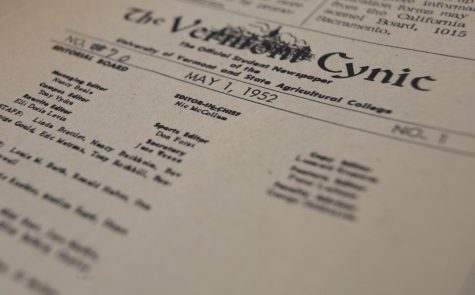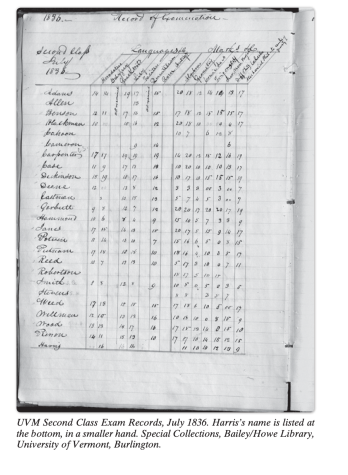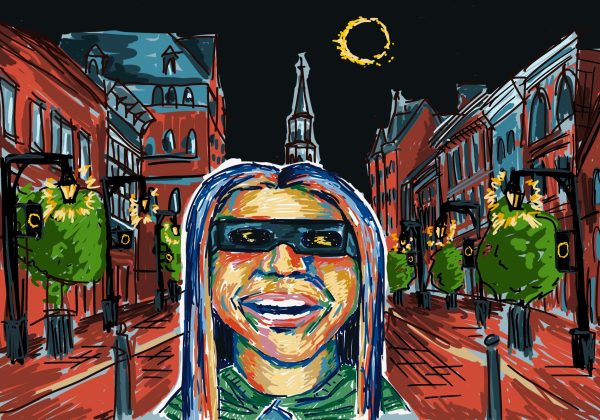Narrative Medicine
Dr. Rita Charon brings a unique perspective to her medical practice. Years of experience with patients, tempered in the phenomenological teachings of Hiedegger, Husserl and Levinas, have yielded an incredible new way of understanding the ailing body. In her newest publication Narrative Medicine, Dr. Charon details the relationship between the body and the self, especially the changes that occur when a person is afflicted with serious illness.
“The body tells the self something about how to behave,” says Dr. Charon, “the self and its actions ripen and scar its body. There is an extraordinary mutuality between the self and the body; one creates the other day in and day out.” Through her professorship at New York’s Columbia University, Dr. Charon, who specializes in internal medicine, has been able to explore the ephemeral experiences of her students and their patients with her uncanny melding of literature and medicine. Each student in her narrative medicine program is required to write about both their own experiences and those of their patients in order to better relate and diagnose.
Dr. Charon first became interested in the narrative part of medicine through her work conversing with innumerable afflicted persons. Coming to realize that the process of diagnosing a patient relies heavily on storytelling, Charon turned to Columbia’s English department in hopes that literature could better her understanding of how people verbally share the experience of becoming ill. What was initially an experiment soon turned into a masters and then doctorate degree, as well as several books concerning medicine and doctor-patient communications.
“I realized that the narrative skills I was learning in my English studies made me a better doctor. I could listen to what my patients tell me with a greater ability to follow the narrative thread of their story, to recognize the governing images and metaphors, to adopt the patients’ or family members’ points of view, to identify the sub-texts present in all stories, to interpret one story in the light of others told by the same teller. Moreover, the better I was as “reader” of what my patients told me, the more deeply moved I myself was by their predicament, making more of myself available to patients as I tried to help.”
Through the careful analysis of doctor-patient communication Charon has observed distinct changes in her patients after they’ve been afflicted. “Loss derived knowledge” she believes, “is a result of the tide of the self receding in illness. The very absence reveals something.”
Dr. Charon shows special interest in the effects of lifestyle change on patients. Many of those who become suddenly afflicted, like stroke victims, are displaced from their former lives in a matter of minutes, even seconds, and in many cases these individuals spend years recovering. Patients have described this phenomenon as like “walking with a parallel universe right next to you and not knowing it. A whole set of alternate experiences that you were formerly unaware of and that have, very abruptly, become your life.”
Dr. Charon is currently touring to promote her new book, Narrative Medicine.










